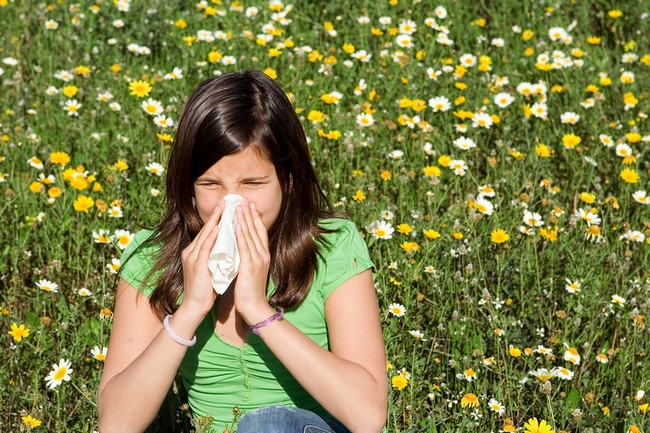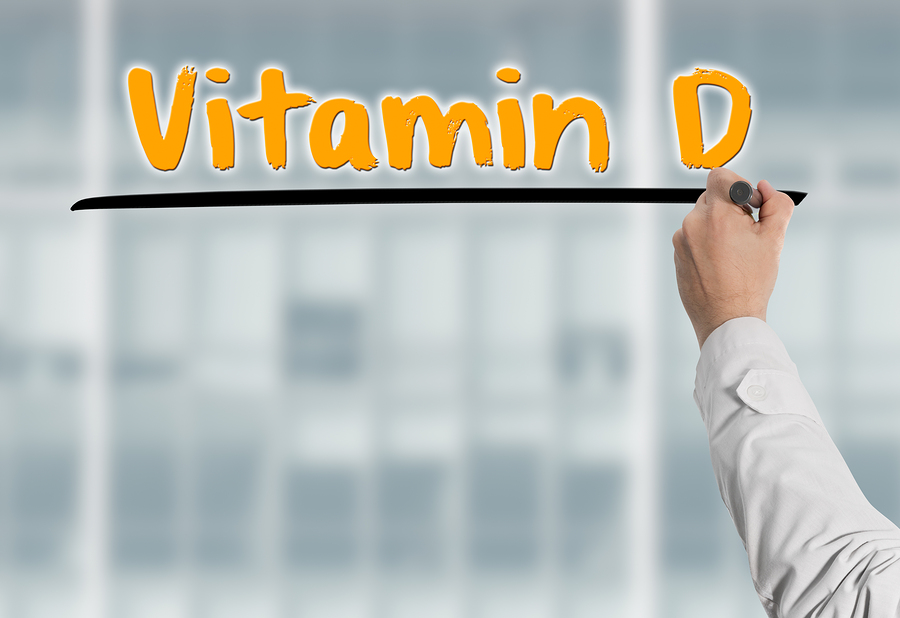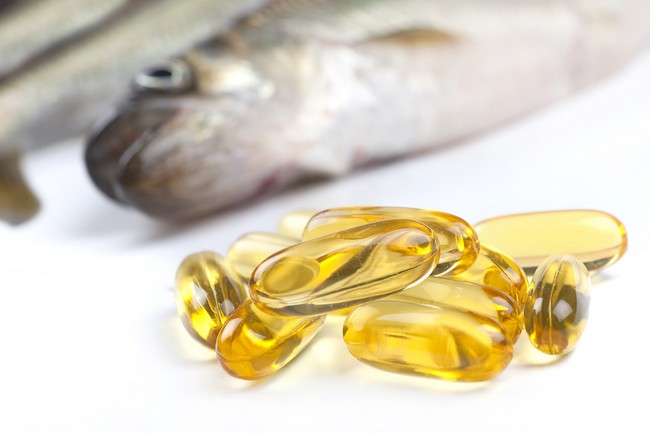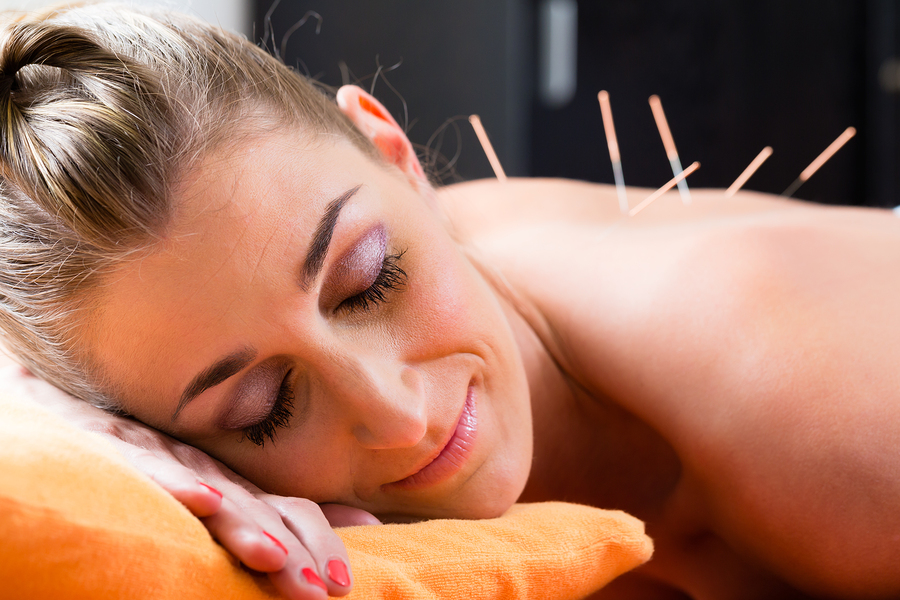- Make It Yourself Lavender Heart-Shaped Bath Bombs!
- 20 Things You Never Knew About “Down There”
- 12 Best Foods For Those Suffering From Arthritis Pain
- 12 Personal Hygiene Mistakes Almost Everyone Makes (Mom Never Told You About #4!)
- 15 Medicinal Plants And Herbs From The Cherokee People
- 12 Mind-Blowing Benefits Of Drinking Coconut Water During Pregnancy
- 12 Outstanding Winter Foods That Won’t Fatten You Up Like A Christmas Turkey
20 Ways To Treat Seasonal Allergies Naturally

Photo credit: bigstock.com
More and more people must be suffering from allergies every season because even the weather reports inform you of the pollen count outdoors. Some people who have never had allergies develop them as they get older.
How do you know if you have allergies? If you begin to sneeze, your eyes itch, and you feel lethargic out of the blue and there is no virus going around, you are probably having an allergic reaction to something seasonal outdoors that is blooming. Don’t worry, once you find the treatment that works for you, your itchy, sneezy, sleepy days will be over. Check out some of these treatments:
1. Probiotics
A clinical study gave a group of participants a specific type of probiotics in the amount of 40-90 billion colony-forming units every day, and it ended up lowering their nasal congestion. The recommended dosage is 10-29 billion, so make sure you check with your doctor before increasing the amount of probiotics before you take them.
2. Ginger
A study showed the anti-inflammatory benefits of ginger worked on the symptoms of allergy sufferers. Sneezing was reduced for those with hay fever, as was the production of mucus in the nose.
3. Pine bark extract
This item is called pycnogenol and is considered a flavonoid that can hold back histamines. When those who suffered from allergies took this extract up to 8 weeks before allergy season started, their symptoms significantly improved.
4. Bee products
Several bee products were tested and the most effective turned out to be propolis, which reduced the nasal rubbing and sneezing symptoms from allergies. Also myricetin, found in the pollen of bees, had an anti-allergic effect and worked on treating symptoms of allergies.
Continue to Page 2

Photo credit: bigstock.com
5. Vitamin D
A study proved that children with asthma also suffered from a deficiency of Vitamin D. After a 5-month clinical trial, 100 children that were tested were given the proper dose of vitamin D along with a probiotic and they reduce their allergy symptoms.
6. Apple cider vinegar
This product is effective in dealing with allergies because it can lower the amount of mucus produced, as well as clean out the lymphatic system. Allergy sufferers had a mixture of one teaspoon of apple cider vinegar that was organic and unfiltered and mixed it with water and a sample of the beneficial bacteria in the vinegar. They drank it three times a day. (FYI, the sample of bacteria is referred to as “The Mother” and should be listed on the vinegar bottle.
7. Quercetin
This supplement consists of a natural bioflavonoid and keeps sufferers from releasing histamines. It reverses inflammation and is best taken from four to six weeks before you normally start allergy season.
8. Changes in your diet
It is suggested that if all else fails, try the Gaps Diet to treat your allergies. The Gaps Diet focuses on healing the lining of your gut. It consists of bone broth, probiotics, and fermented foods.
9. Nettle leaf
Another herbal supplement that is effective in blocking the histamines is nettle leaf. If you find it fresh, you can make a tea or just add it to your favorite tea.
Continue to Page 3

Photo credit: bigstock.com
11. Fish oil
A clinical trial found that people who had asthma related to allergies had lower contributors to allergies when they took fish oil daily.
10. A Neti pot
Try using a Neti pot and fill it with either a saline rinse or a mixture of a teaspoon of sea salt or Himalayan salt and a quart of distilled water that has been boiled and cooled down.
12. Eat chicken instead of beef
After a two-year clinical study of 1,336 people without hay fever and 334 who did suffer from it, the findings were that those who ate red meat instead of chicken were three times more likely to get hay fever. Meat has more oleic acid, which is a type of monounsaturated fat, than chicken has.
13. Use a saline spray before your allergies hit
A study of participants who sprayed their nasal passages daily to rinse away any pollen were able to lower the amount of drugs that were needed once their allergies were in full bloom.
14. Wear sunglasses and a large hat outdoors
You may be mistaken for a movie star, but at least they will prevent any bee pollen from flying into your face and eyes making them watery and itchy.
Continue to Page 4

Photo credit: bigstock.com
15. Acupuncture
The European Journal of Allergy and Clinical Immunology published a study showing that patients who received an acupuncture treatment that was considered active greatly reduced their allergy symptoms after four weeks of treatment.
16. Keep the filter in your car clean
If this isn’t cleaned regularly, you could be breathing pollen while you drive as well.
17. Turmeric
This Indian-inspired spice can take the place of a decongestant, lowering your allergy symptoms and keeping away any colds.
18. Work out in the evening instead of during the day
A doctor at the Washington University School of Medicine in St. Louis found that most trees let go of their pollen as soon as it is light out, and that the pollen from ragweed is most concentrated in the middle of the day. Dusk is the best time for you to take your walk if you have allergies.
19. Use HEPA filters
Next time you pick up filters for your vacuum cleaner or air conditioner make sure they are high-efficiency particulate air, or HEPA, filters. They can cut down on your symptoms from allergies.
READ ALSO: 4 Surefire Steps To Defeat Seasonal Allergies Video
20. Make sure to change your clothes when you come inside
It is a good idea to change your clothes as soon as you come home to rid them of any pollen or ragweed you may have attracted outside.
References:

































